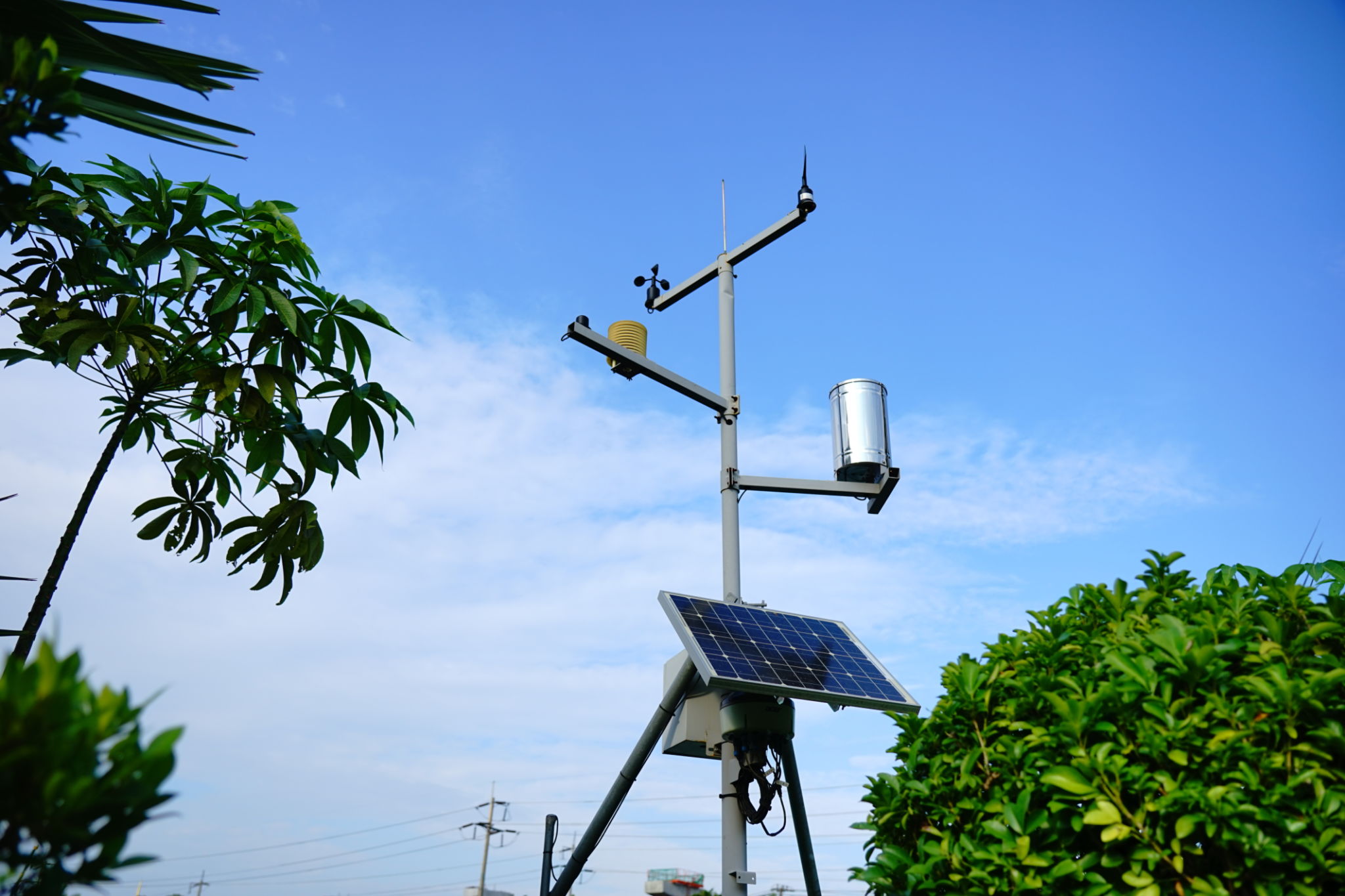Comprehensive Guide to Industrial Water Technologies for Delaware Businesses
Understanding Industrial Water Technologies
As the industrial sector in Delaware continues to grow, businesses are becoming increasingly aware of the need for effective water management. Industrial water technologies play a crucial role in ensuring efficient water use, reducing waste, and complying with environmental regulations. From treatment processes to water recycling, these technologies are essential for sustainable operations.
Industrial water technology encompasses a range of methods and systems designed to manage water resources within industrial settings. These technologies not only help in purifying and reusing water but also in reducing the overall water footprint of businesses. Implementing these systems can lead to significant cost savings and environmental benefits.

Water Treatment Processes
Water treatment is a fundamental aspect of industrial water management. It involves various processes that remove impurities and contaminants from water, making it suitable for industrial use. Common treatment methods include coagulation, sedimentation, filtration, and disinfection. These processes ensure that the water meets the specific quality standards required for different industrial applications.
In Delaware, many industries rely on advanced treatment technologies like reverse osmosis and membrane filtration. These methods offer high levels of purification and are especially useful in industries with stringent water quality requirements. By investing in state-of-the-art water treatment systems, businesses can enhance their operational efficiency and adherence to environmental regulations.

Water Recycling and Reuse
Water recycling is an increasingly popular practice among Delaware businesses aiming to minimize their environmental impact. By treating and reusing water within the industrial process, companies can significantly reduce their fresh water intake. This not only conserves a vital resource but also lowers operational costs associated with water procurement and disposal.
Several industries have adopted closed-loop systems that allow for the continuous reuse of water. These systems are equipped with filtration technologies that remove impurities, enabling the same water to be used repeatedly without compromising quality. The implementation of such systems is a testament to a company's commitment to sustainable practices.

The Role of Monitoring Systems
Modern water technologies are often accompanied by sophisticated monitoring systems that track water usage and quality in real-time. These systems provide valuable data that can be used to optimize water management strategies, ensuring that businesses operate as efficiently as possible.
By leveraging data analytics, companies can identify patterns, detect leaks, and implement timely interventions to prevent wastage. This proactive approach not only enhances operational efficiency but also helps businesses meet regulatory requirements and reduce environmental impact.

Choosing the Right Technology for Your Business
Selecting the appropriate industrial water technology depends on various factors including the nature of the industry, specific water quality requirements, and budget constraints. Businesses in Delaware must evaluate their needs and consult with experts to determine the most suitable solutions.
For companies seeking to improve their water management practices, partnering with experienced providers of industrial water technologies is crucial. These providers can offer tailored solutions that align with industry-specific demands, ensuring optimal performance and compliance with local regulations.
In conclusion, adopting comprehensive industrial water technologies is essential for Delaware businesses aiming for sustainability and efficiency. By understanding and implementing these technologies, companies can not only enhance their operational processes but also contribute positively to the environment.
